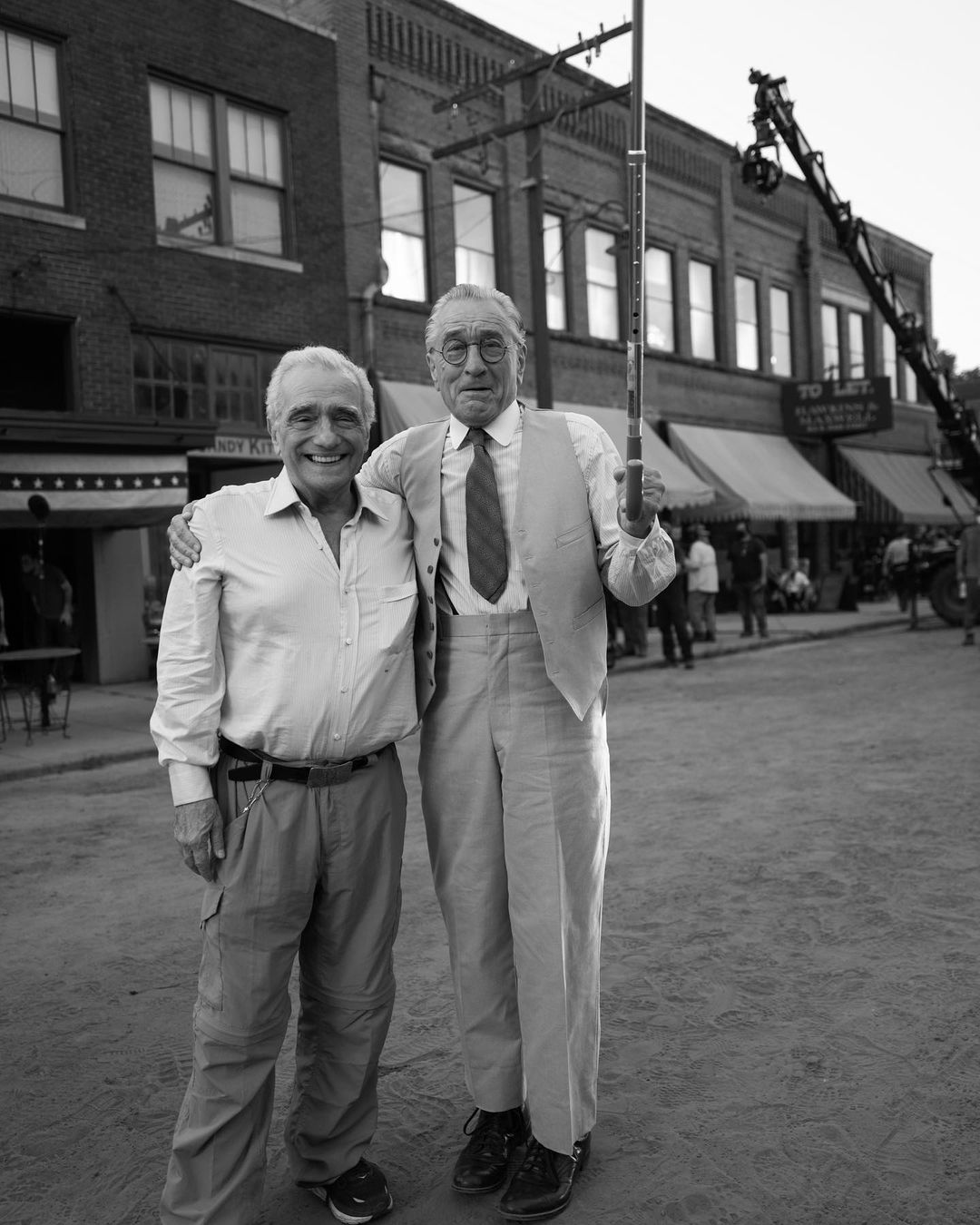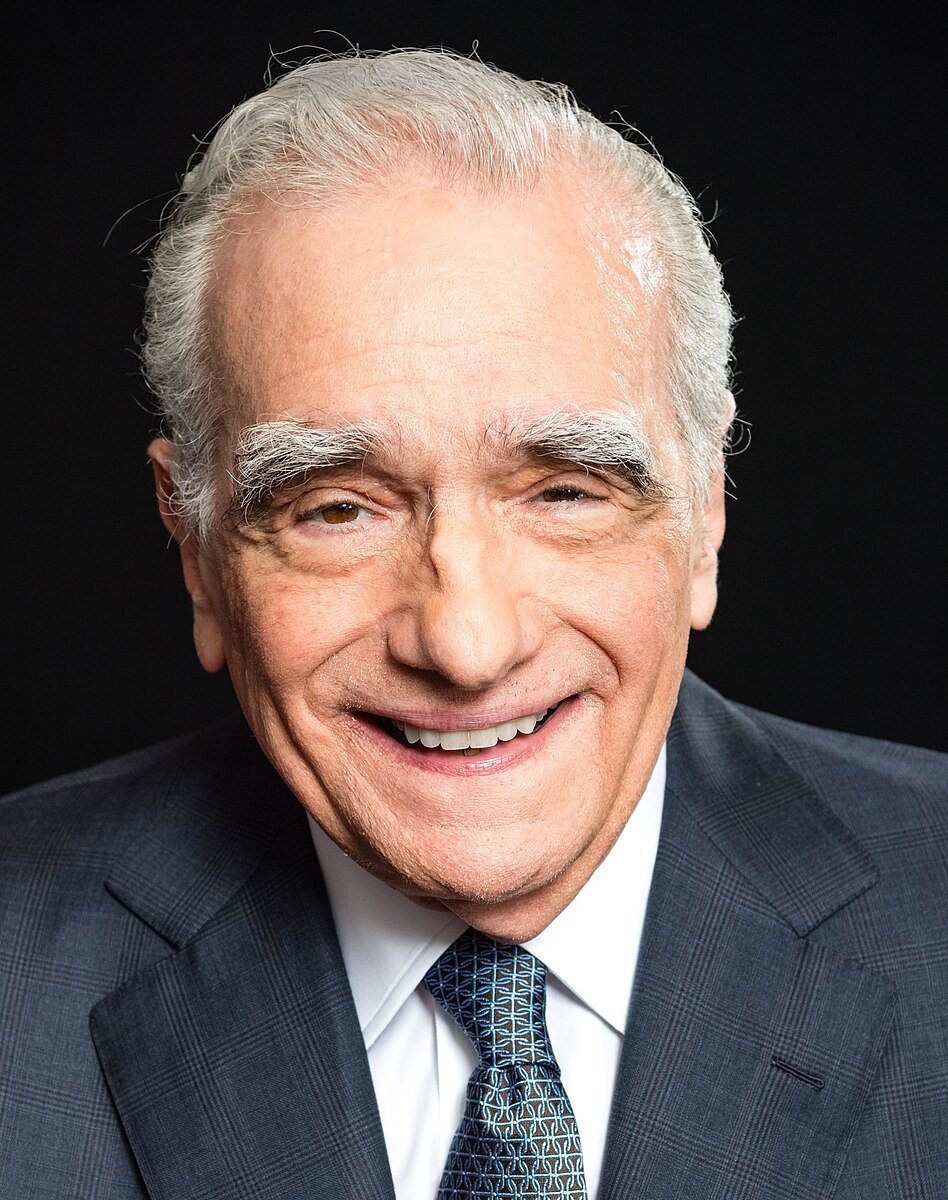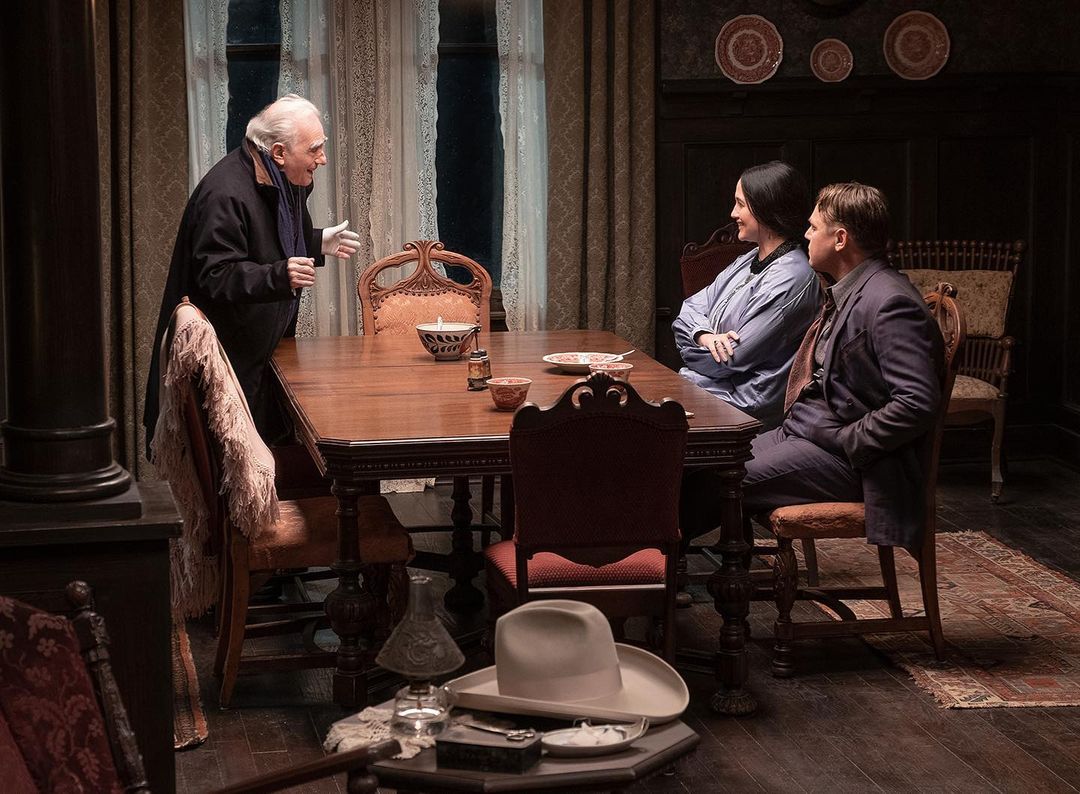Legendary filmmaker Martin Scorsese has another feather in his cap, as his 2024 Oscars nomination for ‘Killers of the Flower Moon’ has made him the most-nominated movie director alive today.
The newly-released list of 96th Academy Awards nominees has brought momentous wins (and of course, its fair share of snubs) for various professionals in the film industry. Even before the awards have begun, renowned filmmaker Martin Scorsese has already broken records with his latest masterpiece, Killers of the Flower Moon. The film, which centers on the harrowing real-life murders of members of the wealthy Osage tribe in 1920s Oklahoma, has earned an impressive 10 nominations, reports Lisa Respers France of CNN.

These nominations include one for Best Director, giving the veteran filmmaker a total of 10 nominations within that category. This makes him the most-nominated living movie director today as he surpasses Steven Spielberg’s record of nine nominations, according to James Hibberd of The Hollywood Reporter.
READ ALSO: A Nation’s Riches: The Wealthy Osage People Behind Martin Scorsese’s ‘Killers Of The Flower Moon’
“It’s deeply gratifying to receive this recognition from the Academy, for myself and for so many of my collaborators on Killers of the Flower Moon,” Scorsese told CNN in a statement.
Among the Greats
Lisa Respers France of CNN adds that Scorsese’s 10 nominations are only two less than those of the late William Wyler, who had a total of 12 nominations to his name before his passing in 1981. The late German-American director was the visionary mind behind classic Hollywood films like Wuthering Heights (1939), Roman Holiday (1953), and Ben-Hur (1953), often collaborating with the industry’s biggest names like Gregory Peck, Audrey Hepburn, and Gary Cooper.

Scorsese has certainly earned his newest title, as he continues to create complexly beautiful films—in fact, he seems to get better each time, with critics calling Killers of the Flower Moon one of his best ones yet.
Exploring Suppressed History
Scorsese’s Killers of the Flower Moon offers an unflinching depiction of the violence and injustice that members of the Native American Osage tribe experienced under the hands of their white guardians. At the time, the Osage were the richest people per capita in the world, yet were largely unable to use their wealth without the presence and approval of their “guardians.”

The Osage people’s debilitating loss of financial autonomy wasn’t enough for the envious guardians, who still resorted to shamelessly killing numerous tribe members in broad daylight. In Scorsese’s film, cold-blooded murder is as natural as breathing; viewers are pulled into the powerfully unsettling perspective of the perpetrators—the metaphorical wolves, so to speak—who hide in plain sight.
“It was a remarkable experience to make this picture, to work together with the Osage community to tell the story of a genuine American tragedy, hidden in the shadows of official culture for far too long,” explained the director in his CNN statement.
Life Through Scorsese’s Eyes
The director has a knack for narratives that explore the nuances of power: who holds it, how these holders use it, and the bloody trail of consequences it leaves. This is most apparent in Scorsese’s films like The Irishman and The Wolf of Wall Street.

That said, the talented filmmaker doesn’t cage himself within a particular genre or set of themes. He’s worked on the romantic musical New York New York (1977), the society-centric period drama The Age of Innocence, and a touching adaptation of a popular children’s book, Hugo (2011), among many other works, proving his versatility as a director.
Perhaps what most of Scorsese’s movies offer are glimpses into the lives of complex and profoundly believable characters. Each film is an in-depth study of the human psyche: what motivates, destroys, enriches, and ultimately changes someone within the world they live in.
More Awards for Killers of the Flower Moon
Killers of the Flower Moon scored nine more nominations in this year’s Oscars. More specifically, these are Best Picture, Best Actress in a Leading Role (Lily Gladstone), Cinematography (Rodrigo Prieto), Actor in a Supporting Role (Robert De Niro), Costume Design (Jacqueline West), Film Editing (Thelma Schoonmaker), Original Score (Robbie Robertson), Original Song (for Scott George’s “Wahzhazhe” or “A Song For My People”), and Production Design (Jack Fisk and Adam Willis).

Should Scorsese win this year’s Best Director nomination, it will mark his second award since his film The Departed won in 2006, as per Jen Juneau of People. However, even if he doesn’t bag the prestigious golden trophy, Scorsese remains an artist at the end of the day. The most rewarding part is the act of creation, which is why the 81-year-old continues to create quality cinema and shows no signs of slowing down.

Banner photo via Instagram @martinscorsese_.





